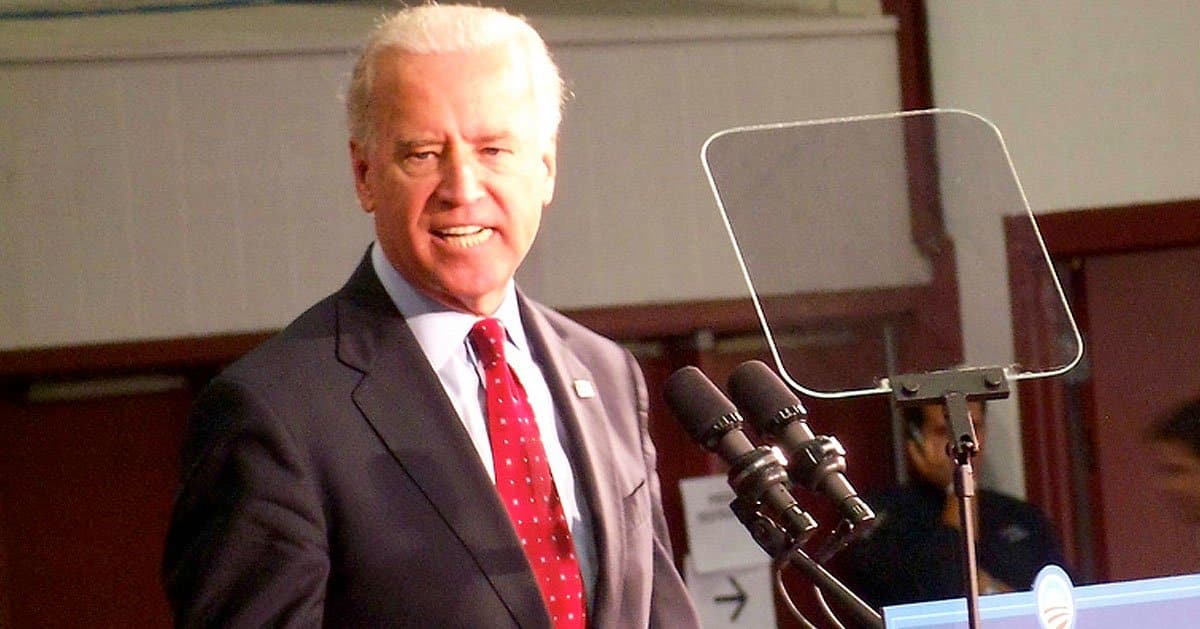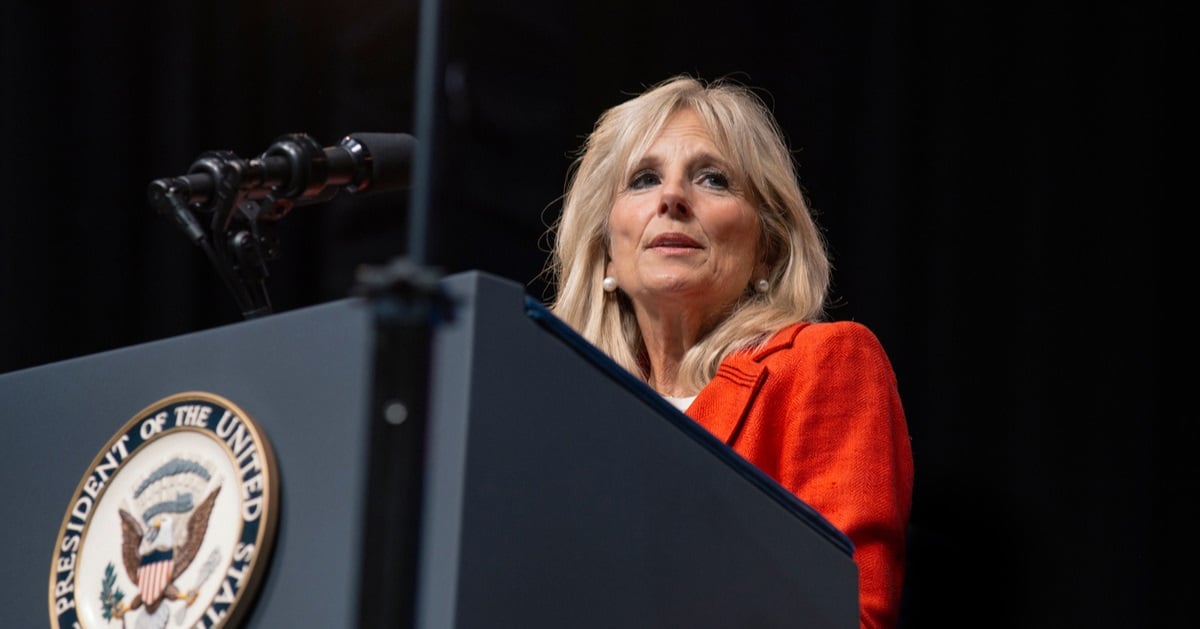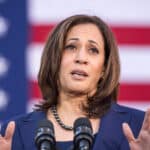




Judge Bruce Cohen's decision to step down from overseeing a high-profile criminal case involving Donald Trump's allies has intensified discussions around judicial impartiality in politically sensitive cases. The defense accused Cohen of displaying bias against Trump, prompting his recusal and leaving the case in a state of uncertainty as a new judge is sought.
Politico reported that Cohen had been presiding over an Arizona case with significant political ramifications. It involves 18 prominent allies of former President Donald Trump, who were indicted in April for their alleged involvement in attempts to overturn the 2020 presidential election results.
The controversy arose when defense attorneys alleged that Cohen harbored anti-Trump sentiments. Their suspicions were fueled by emails Cohen sent in August 2024, in which he urged colleagues to publicly denounce attacks on Vice President Kamala Harris that he viewed as racially and gender-motivated.
Further, Cohen's comparison of the prevailing political tensions to historical resistance against Nazism added to the gravity of the accusations against him.
Defense lawyers argued that these comments exemplified Cohen's partiality, compromising his ability to fairly oversee the proceedings.
With pressure mounting, Cohen had initially planned a courtroom conference to discuss future steps in the trial.
However, the meeting was abruptly canceled following his decision to step down. In a statement clarifying his decision, Cohen emphasized his dedication to maintaining the fairness and integrity of the judicial process. Despite his intentions, he acknowledged that the appearance of bias, whether real or perceived, could potentially undermine the court’s standing.
Cohen, an experienced judge appointed in 2005 by former Democratic Arizona Governor Janet Napolitano, has served diligently in his role and has been reelected through regular retention votes. However, the timing of his impending retirement raises further questions about how the case will proceed.
Defense attorneys, notably including David Warrington and Michael Columbo, articulated firm views on Cohen's withdrawal. Warrington, who has previously defended Trump in other high-profile inquiries, criticized Cohen's public and private communications.
According to the defense, Cohen's rhetoric not only reflected personal bias but also demonstrated "hostile partisan political zealotry," which directly related to the motions that sought to dismiss the charges they faced.
They also contended that although Cohen sincerely apologized for his comments, the admission came too late to prevent his recusal. Their assertions underline the broader narrative of perceived political interference within the justice system—a concern that has consistently been a focal point in recent years.
The departure of Judge Cohen from the case leaves the trial in a state of limbo, underscoring the significant judicial challenges ahead.
A new judge will need to be appointed swiftly to preside over important motions, including efforts to dismiss the charges under a recent Arizona statute designed to limit politically motivated legal actions.
Arizona Attorney General Kris Mayes had influenced the grand jury not to indict Trump, a decision that shaped the current landscape of the trial. Nevertheless, with Cohen's recusal, these legal proceedings face renewed scrutiny, with considerable attention on how this transition will impact the course of justice.
The allegations center around the perceived risks of judicial bias in politically charged cases, amplifying the need for transparent and unbiased adjudication. As the trial progresses, stakeholders will closely watch to ensure that these principles are upheld, even amidst ongoing partisan conflicts.
The implications of Cohen's departure are far-reaching, affecting not only the present case but setting precedence for how such issues might be handled in the future.
The appointment of a new judge is a critical next step, one that holds significant weight in reaffirming public confidence in the judiciary.
Meanwhile, the remaining defense motions await resolution. David Warrington and his team continue to press for dismissal, leveraging both legislative changes and the controversial circumstances of the trial to support their arguments.
As the case resumes under new leadership, it represents a challenging test of Arizona's judicial processes in high-profile legal contexts.



